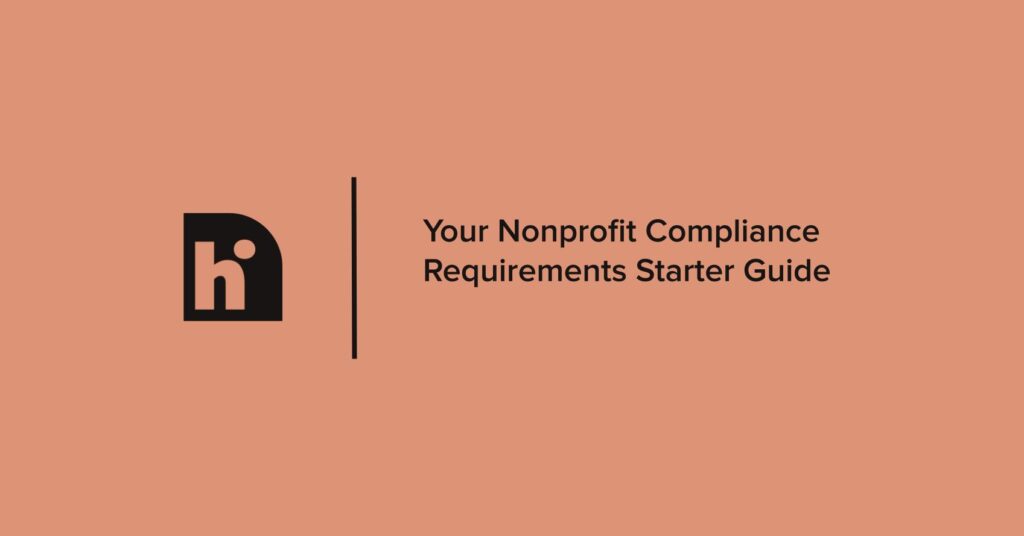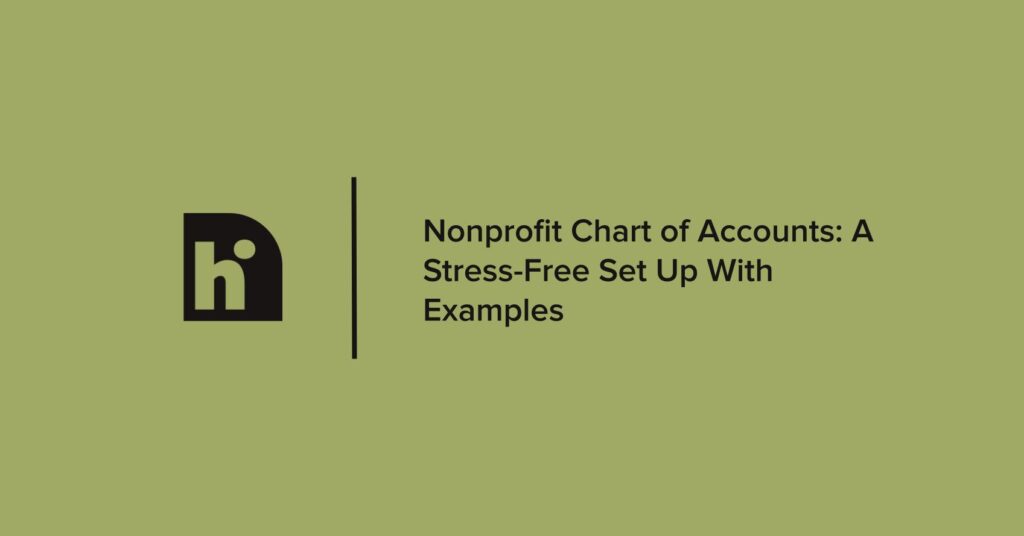Top Accounting Technology Trends Reshaping Finance
Written by Amanda Bower | Published: August 31, 2022
Sign up for our newsletter to receive everything from accounting advice to notifications on new tax laws.

Some things at work are worth getting excited about. Executing big deals, experiencing growth in your business, handing out well-deserved promotions, and having a team of genuinely happy employees certainly are some of our favorites. But there’s another thing we’re really excited about: accounting technology trends 🤓
Since we’re pretty much obsessed with business accounting, we have to admit that we’re really excited about where finance technology is heading. That’s especially the case when we look at just how much accounting technology has changed in the past few years.
The first spreadsheet for personal computers wasn’t invented until 1979 (imagine a life of accounting before Excel). Mobile banking wasn’t really a thing until after 2007, when smartphones entered the scene. And virtual business accounting (and all of the technology involved that we use today) has been rapidly changing and evolving in the past few years, with incredible new trends on the horizon.
So, yes, we’re very excited about what’s to come. But where exactly is accounting technology going? Here are 8 accounting technology trends we’re excited about and what they could mean for this industry.
The Future of Accounting Technology
Blockchain
You’ve probably heard of blockchain for its use in cryptocurrency, but it has plenty of implications for accounting. Blockchain is essentially a digital public ledger that records transactions across different computers, meaning that the transactions and records can’t be altered in the future. It’s considered “decentralized,” and everyone has the ability to view it since it’s public.
When it comes to accounting technology trends, many people in the accounting world are excited about how blockchain technology could impact the industry. For example, blockchain could potentially impact record-keeping processes and the way we record transactions, adding a new level of security. That’s because things on the blockchain cannot be tampered with, and in accounting, this could have implications in tasks that involve record keeping.
Of course, as technology has the ability to change human roles and responsibilities, there are also thoughts that blockchain could change business models and processes, such as tax reporting.
Artificial Intelligence
Artificial Intelligence, or AI, is already being used in accounting technology today. We can already use it to detect irregularities, provide real-time status updates, and automate mundane and repetitive tasks. But there is still a ton of untapped potential. For example, research shows that while at least 34% of finance tasks are automated, up to 80% of accounting activity has the potential to be automated. This means that in the future, we can likely expect to see more AI automation of things.
While AI likely won’t ever replace the need for real humans in accounting, it can be especially useful when it comes to large amounts of data. For example, there are plenty of AI uses for payroll functions, such as validating timecards and creating reports at the end of every month. AI chatbots can also be used to quickly answer clients and handle their most common issues automatically.
Machine Learning
Machine learning refers to computer systems that are able to “learn” and make changes on their own, and they’re able to do this with algorithms that allow the system to better predict outcomes. Accounting experts agree that machine learning can impact many processes in accounting, such as reporting and risk assessment. Machine learning is always getting “smarter,” and we’re constantly seeing new uses for it. Going forward, machine learning in accounting technology could be used for speeding up or automating certain tasks (such as document review). It could also be used to help anticipate client needs based on their past habits.
Internet of Things
Internet of Things (IoT) is another AI technology that refers to how devices are connected and how they communicate with each other to exchange data without humans needing to be involved. In accounting, IoT has the potential to change the ways businesses collect data. For example, IoT allows for a lot of data to be drawn in from different sources.
As these capabilities expand, we can expect accounting and transactional information to come in from more sources in real-time. All of this new, useful data can be used for strategizing, planning, and critical decision-making. IoT also leads to better-informed accounting professionals because they can use this real-time data to make better decisions themselves and to better guide their clients.
Synthetic Data
Synthetic data is data that is artificial but that is modeled off of real-world data. It can be used to train machine learning systems without the need to actually collect data. Why would someone want to use synthetic data? Well, collecting real data can get expensive, and it’s much more limited than synthetic data, which can be created to represent any scenario, including hypothetical ones.
In the future, synthetic data in accounting technology can be used to help further machine learning and AI technologies and can help machine learning systems work in new and exciting ways. It can help train AI accounting systems, without the need for actually collecting limited data samples.
Remote Accounting
Remote accounting is already making waves in the accounting world, but it’s still in its earliest years, meaning that we can probably expect much more to come from this accounting technology trend. First off, it’s very likely we’ll see a rise in the prevalence of remote accounting usage from businesses. Who wants to drive to see their accountant when other accounting services provide you with the same services but 100% virtually?
It’s also very likely that because of a rise in remote accounting needs, we’ll see more remote accounting positions and more technological tools for those who work in remote accounting.
(Psst… we here at Hiline provide top-tier remote accounting services to startups, influencers, streamers, and growing businesses, so we know what we’re talking about with this one.)
Big Data
While it seems like computers can do just about anything, big data refers to data sets that are too large for traditional software to work with accurately. This might be because the data has what’s called the “Three V’s,” or variety, volume, and velocity. Big data can come from anywhere, such as medical records, social networks, and customer databases. Big data can be incredibly useful in accounting, because it can reveal a lot of information, but it can be challenging to work with.
Despite the potential hurdles of working with big data, there’s good news on the horizon: big data capabilities are changing at a pretty predictable pace. New technologies are being made to store big data, and data volumes are doubling in size about every two years. That means, as far as accounting technology is concerned, we can only expect it to get easier and easier to work with big data.
Agile Accounting
Agile accounting refers to the agile principles, which call for free flowing information, collaboration, and responding to change. These principles help teams work better and faster. In the future, we can likely expect more accounting technology to support agile teams, and agile accounting practices. That might look like tools that help with continuous planning (for example, with a budget), helping with information flow, and using data analytics to predict and react to accounting scenarios before they fully develop.
We Love Learning About New Accounting Technology Trends
In case you can’t tell, we’re pretty excited about new accounting technology trends. That’s because we’re hiline, a hands-on accounting service designed for growing businesses, and we offer full-stack accounting services for your back office. We’re at the forefront of these new accounting technology trends, and we use them to help take care of your most crucial financial and accounting needs.
What exactly do we do? We’re ready to take care of your accounting, taxes, bookkeeping, HR & payroll, financial reporting, and cash management needs. That means less stress for you, and more time to focus on actually running your business.
Share this article
Read Similar Articles

Accounting
Your Nonprofit Compliance Requirements Starter Guide

Accounting
Nonprofit Chart of Accounts: A Stress-Free Set Up With Examples
